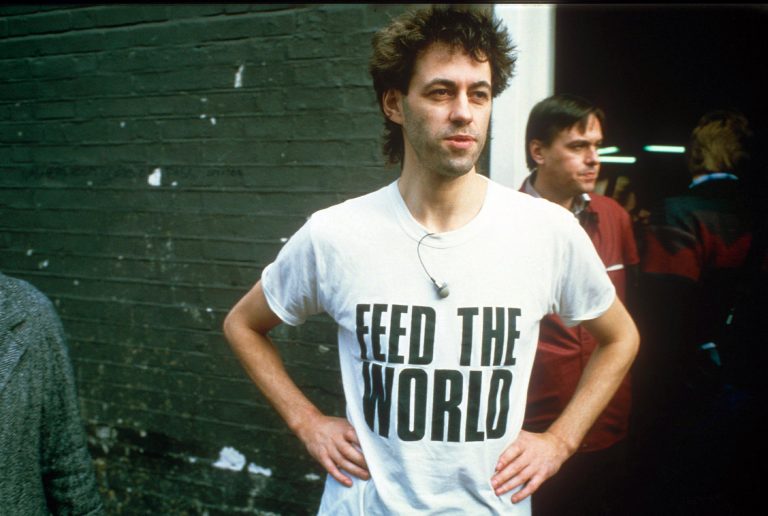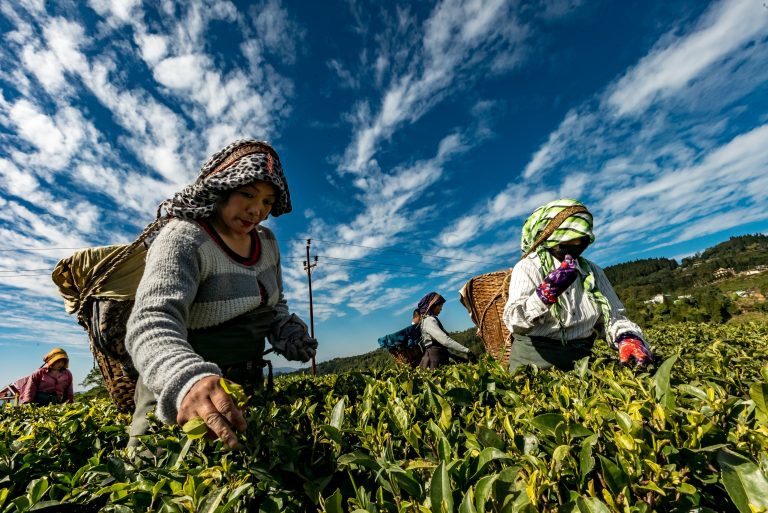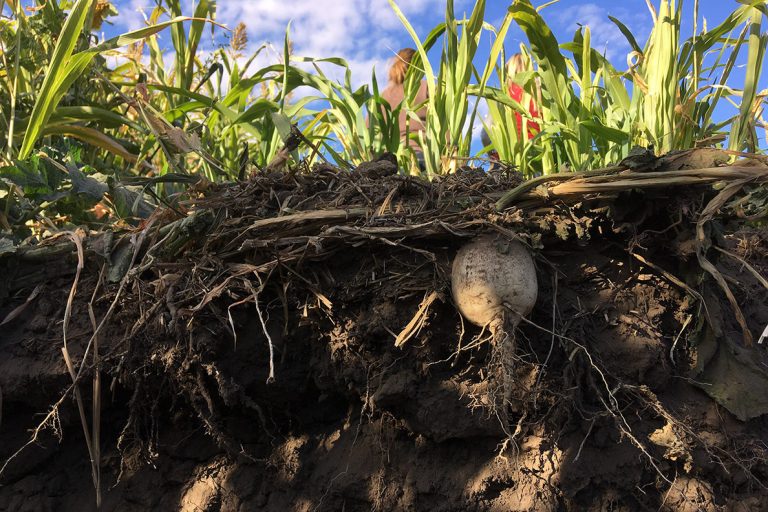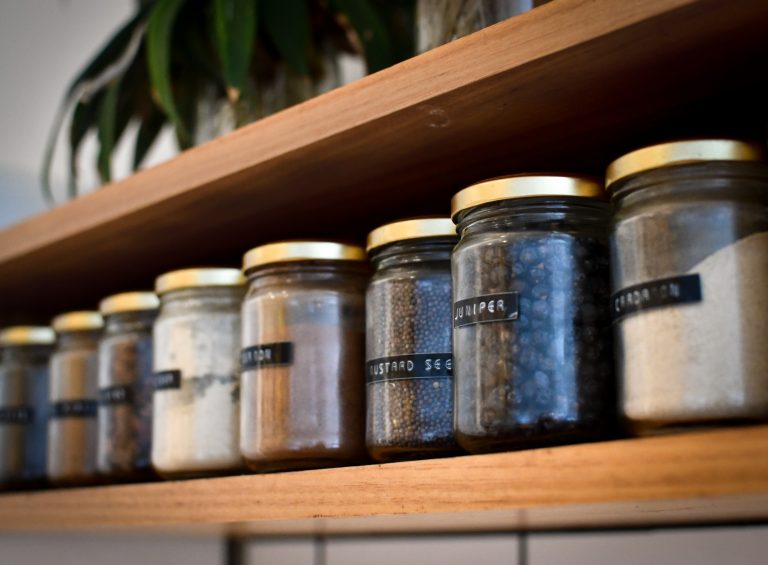
Food
Eat well, be green.
The food industry is riddled with environmental and social issues. However, sustainable and ethical options can prevent water pollution, worker mistreatment, and even reduce greenhouse gas emissions.
Choosing sustainable and ethical food allows you to take care of both yourself and the planet.
The latest
Why is sustainable food important?

Global food security
Sustainably-grown food is the only way to ensure global food security.
For example, the United Nations estimates that we only have about 60 harvests left as a result of unsustainable farming practices. Additionally, about 40% of land across the globe is already being used for agriculture.
Organic and regenerative agriculture practices are a few solutions that prevent deforestation and ensure the land we’re already using is enough to feed us.

Water pollution
Agriculture in the U.S. is the leading source of water pollution through runoff from fertilizers, pesticides, herbicides, and insecticides. Many of these contain chemical pollutants that have been linked to chronic diseases, endocrine and neurological disorders, and cancer.
Eliminating or replacing these inputs with sustainable alternatives will ensure our health and well-being in the future.

Worker welfare
The food industry is notorious for labor abuse issues.
Many food companies source their coffee, cocoa, bananas, and other ingredients from communities at risk for being exploited to produce inexpensive food. The United Nations estimates that 108 million children work in agriculture and another 16 million are in forced labor.
Fortunately, efforts like Fair Trade, Equal Exchange, and others ensure workers have a safe working environment and are paid a fair wage.

Animal welfare
Sustainable farms are ones that raise animals responsibly and integrate them in a way that helps build healthy soil. This eliminates the need for excess fertilizers and the conversion of habitats to farmland.

Climate change
To prevent extreme climate-related disasters, efforts to reduce greenhouse gas emissions will need to be tripled in comparison to current efforts. Sustainable farming can be used to move more than 100% of current CO2 emissions back into soil.
Healthy carbon-rich soil enables us to grow more food using less space. Sustainable food and agriculture is a unique solution to mitigate climate change while safeguarding our ability to feed the world.







